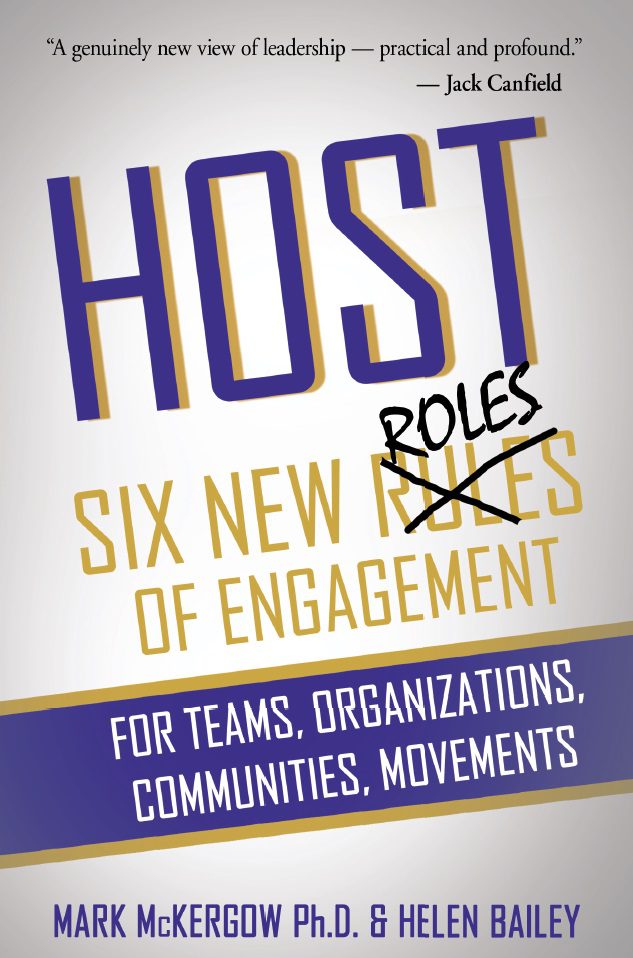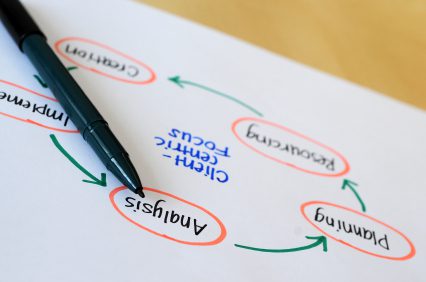Leading a project is rather like hosting a party. The host helps to bring people together, makes sure they have what they need and know what’s expected of them, and then encourage them along the way (without doing all the work). We all know about hosting in some way already, but have you tried applying the same thinking to your project?
Let’s look at six different roles which you can take on in hosting your project – we will meet these roles in the example of hosting a party. Which roles are you great at, and which might you want to use more in your project management?
In advance
The host somehow comes to a decision that a party would be a good idea. They will be aware of what else is happening, who they’d like to see, and what the constraints might be in terms of space, weather, people’s work and so on. This looks like a decision, but actually it is preceded by a period of listening – hearing what is there, what is not yet there, and what would be their hopes and intentions for acting. This is the role of the Initiator in Host Leadership. Initiators are very aware of what is needed and then spring into action with both an idea of what might be, and some small next steps.
The host decides to hold a party, what kind of party, where and when, and makes plans. He/she then decides which guests to invite, and invite them. This is the Inviter role in action. Inviting is connected strongly with soft power and influence, the outstretched hand of welcome. Stepping forward to invite is coupled with stepping back to offer choice for the guests – to accept or not.
The host then procures food, drink and any entertainments to be laid on. They choose and prepare the space carefully, in support of their hopes. The host is acting as Space Creator here, making active choices and plans, and in some ways is acting rather heroically by deciding what they want and laying the ground to make it happen.
During the party
Now that the party is underway, the host’s role changes dramatically. The host is usually to be found answering the door and welcoming the guests over the threshold. This is part of the Gatekeeper role, deciding in all kinds of ways what is to be encouraged and what is to be discouraged. This links back to the invitation stage, where the guests have already had some hints about what to expect and what is expected of them in turn. It is part of the host’s duty to make some choices about their event, and how to handle what emerges.
Once the guests are welcomed, the host will often make introductions, connecting the guests to each other, and seeing that everyone is suitably involved and engaged. This is the Connector role. Note that this does not mean hogging the limelight or leading every conversation. It does mean taking care that everyone is attended to, making people aware of transitions (like moving from drinks to dinner), seeing that no one is left out and so on.
And, of course, the host joins in with their guests – they eat the same food and are mostly in the same room. This is not like the role of the servant, who would be expected to eat out of sight at some other time. The host is then a Co-Participator with their guests, stepping forward to lead the way and then stepping back to allow others to be served first. Hosts, and leaders, eat last.
Using the six roles
Remember the distinction between a rule and a role. Rules must be followed all the time. Roles are for stepping into and out of, for adopting when the need arises. When we are facing leadership challenges, or are just thinking about what to do next, we can use the roles and positions as a kind of buffet menu. The key questions to ask are:
- Am I going to step forward or step back (next)?
- In which role? (what am I going to do?)
- And in which position? (where am I going to do it?)
We can then use the six roles to decide on some very next steps, put these into action, and respond and build on the subsequent emerging events. This is not about planning the whole journey; it is about having an idea of the destination and then setting out with the first steps.
The six roles offer a sophisticated new view of leadership activities and thinking, and can be used to build a language, as well as a framework, to help guide and navigate through the inevitable twists and turns of life.
Host Leadership is a way to take a leading position, in a way that draws others in, in a natural way. This builds engagement, leading to performance and results.



